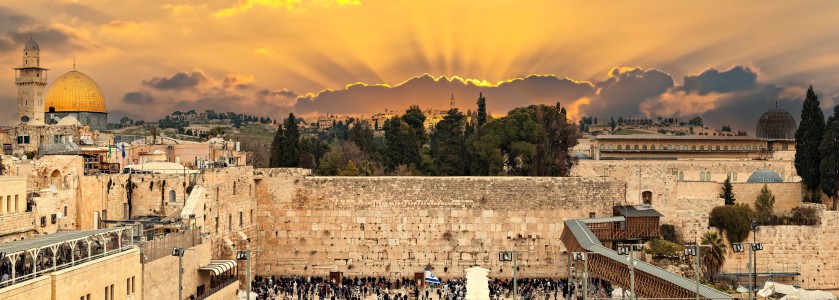The Ashtiname of Muhammad, or the Covenant of Sinai, stands as a primary historical record of protection granted to religious minorities. Reported to have been issued in 628 Common Era, this charter provided several legal and physical rules to the monks of Saint Catherine’s Monastery. The document exists as a specific tool of governance. It sought to stabilise a frontier region by defining the link between an expanding power and established religious groups. The strength of the Sinai Covenant reveals a clear understanding of mediation and protection during a period of deep social and political change.
Historical records suggest that the Prophet Muhammad issued this oath to ensure the safety of the Christian community at Mount Sinai. The document guarantees the protection of lives, property, and religious practices for the monks and the wider Christian population. This arrangement functioned as a formal recognition of religious freedom. The state assumed a protective role. The text stipulates that the monks are not to be disturbed in their prayers. Their buildings are not to be damaged or turned into private homes. These rules created a stable boundary that respected the internal logic of the sanctuary.
The specific parts of the Ashtiname show a rigorous approach to tolerance that prioritised systemic stability. For instance, the charter forbids the seizure of monastery property for use in other homes. It prohibits the taxation of those who have dedicated themselves to religious service. By removing the financial and physical pressures that often follow institutional expansion, the Sinai Covenant allowed the monastery to stay intact. This preservation ensured that the cultural and spiritual work of the site continued without interruption.
Analysis of the text shows that the covenant extends protection to Christian women married to Muslim men. It specifically guarantees their right to follow their faith without interference. This clause shows a high degree of personal choice within a communal legal frame. The state took the responsibility of defending the Christian community. It stated that the Muslim population must fight to protect their neighbours from external threats. This defensive plan transformed the religious minority into a protected part of the broader social system. This reduced the friction that often grows between different groups.
The longevity of the Ashtiname is noted by its survival through many changes in power and its eventual translation into multiple languages. The preservation of the original aim of the document across centuries suggests that successive leaders recognised the use of these stable rules. By maintaining the Sinai Covenant, various administrations ensured the continued stability of a vital region. The document acted as a durable frame that governed the links between the centre and the local areas. It proved that structural clarity leads to institutional strength.
In the modern era, the Ashtiname serves as a historical example for frameworks regarding the rights of religious minorities. The document provides clear lessons on how authority can survive through the accommodation of diversity. Stability follows the embrace of local differences. The Sinai Covenant demonstrates that a system is most stable when its protection extends to those who occupy its margins. While the history of 628 differs from the current map, the basic principle remains valid. Institutional friction decreases when the boundaries and rights of all participants are clearly defined and strictly upheld.
The historical value of the Saint Catherine’s Monastery covenant lies in its role as a model for cooperation. By putting protections into a durable charter, the state created a set of expectations that outlasted individual leaders. The document shifted the duty for peace from personal choice to structural obligation. Success in regional governance followed the use of these clear rules. They provided the security necessary for peaceful life. The Ashtiname remains a landmark in the history of design and the management of multicultural populations.

